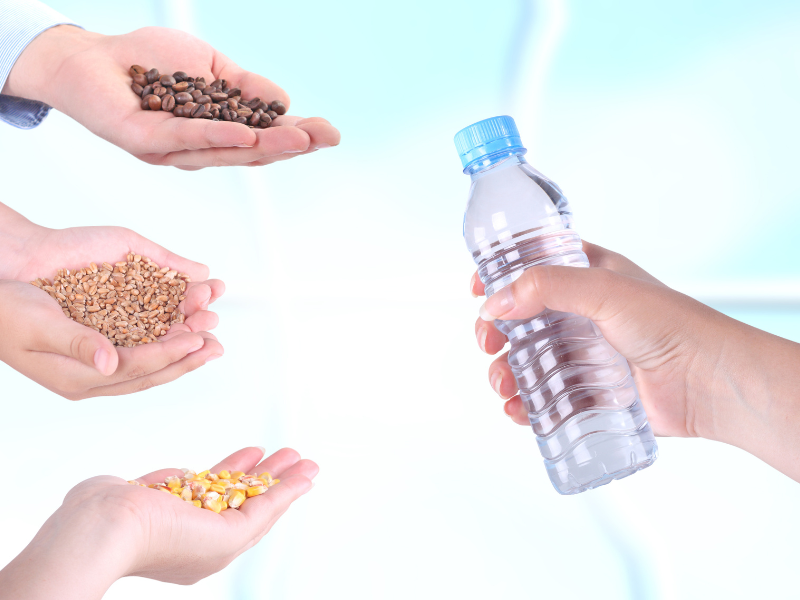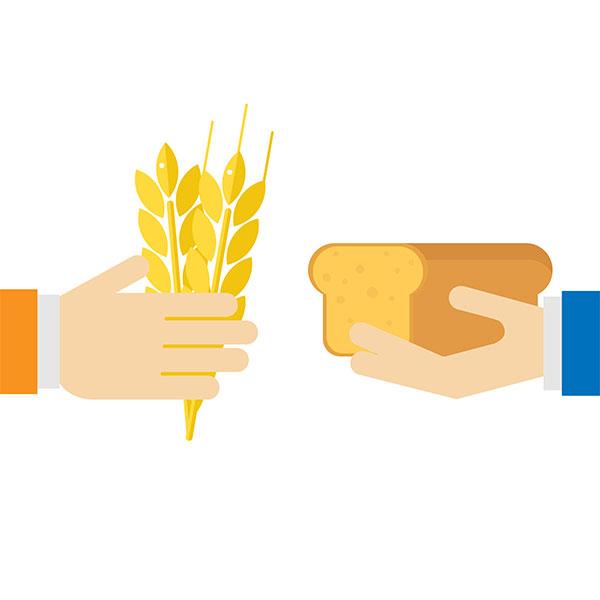Long before cash became the dominant form of trade, bartering was the norm. Trading goods and services was a common practice in towns and cities, especially at local trading posts. Farmers would bring their goods to exchange for items they couldn't produce themselves, while travelers often stocked up on essentials before embarking on long journeys West. It was even common for people to trade valuable items like silver to secure food for the road.
In more recent times, there have been even modern-day examples of bartering, such as a man trading a paperclip for a house via eBay. Bartering is an excellent way to acquire goods or services when you're low on cash. If you can sew, for instance, you might trade your sewing skills to fix someone's washing machine. Today, bartering might not be as common, but it can be a valuable option in an emergency or survival situation. If you have the right items on hand, you could be in a good position to trade when needed.

Essential Barter Items to Keep on Hand
Here are some valuable barter items that are small, easily stored, and transportable. They can be great to have on hand, especially in a situation where cash is scarce:
- Baby wipes and diapers
- Batteries (solar-charging batteries are ideal)
- Books on homesteading, survival skills, and other useful topics
- Camping stoves
- Can openers
- Candles and lanterns
- Canned goods
- Cigarettes and rolling paper
- Condoms
- Cooking oil
- Dental floss, toothbrushes, and toothpaste
- Duct tape
- Emergency mylar blankets
- First aid kits and other medical supplies
- Fishing equipment
- Flashlights
- Food storage supplies
- Fuel (gasoline, propane)
- Garden seeds and gardening tools (shovels, hoes)
- Guns and ammunition
- Hard candy
- Herbs and spices for cooking
- Homegrown fruit and vegetables
- Knitting yarn and needles
- Lighters and waterproof matches
- Liquor (whiskey, vodka, or homemade moonshine)
- Livestock (goats, chickens, etc. for trade or their milk and eggs)
- Novels and games for entertainment
- Paper and pencils
- Plastic bags and Ziploc bags
- Plastic sheeting and tarps
- Prescription pills, painkillers, and antibiotics
- Rice, salt, sugar, and yeast
- Rubber bands and safety pins
- Rubbing alcohol
- Sewing supplies
- Soap
- Socks and good walking shoes (various sizes)
- Tents
- Toilet paper and feminine hygiene products
- Tools (axes, saws, shovels, etc.)
- Vinegar and baking soda for cleaning
- Warm blankets
- Water purification tablets













